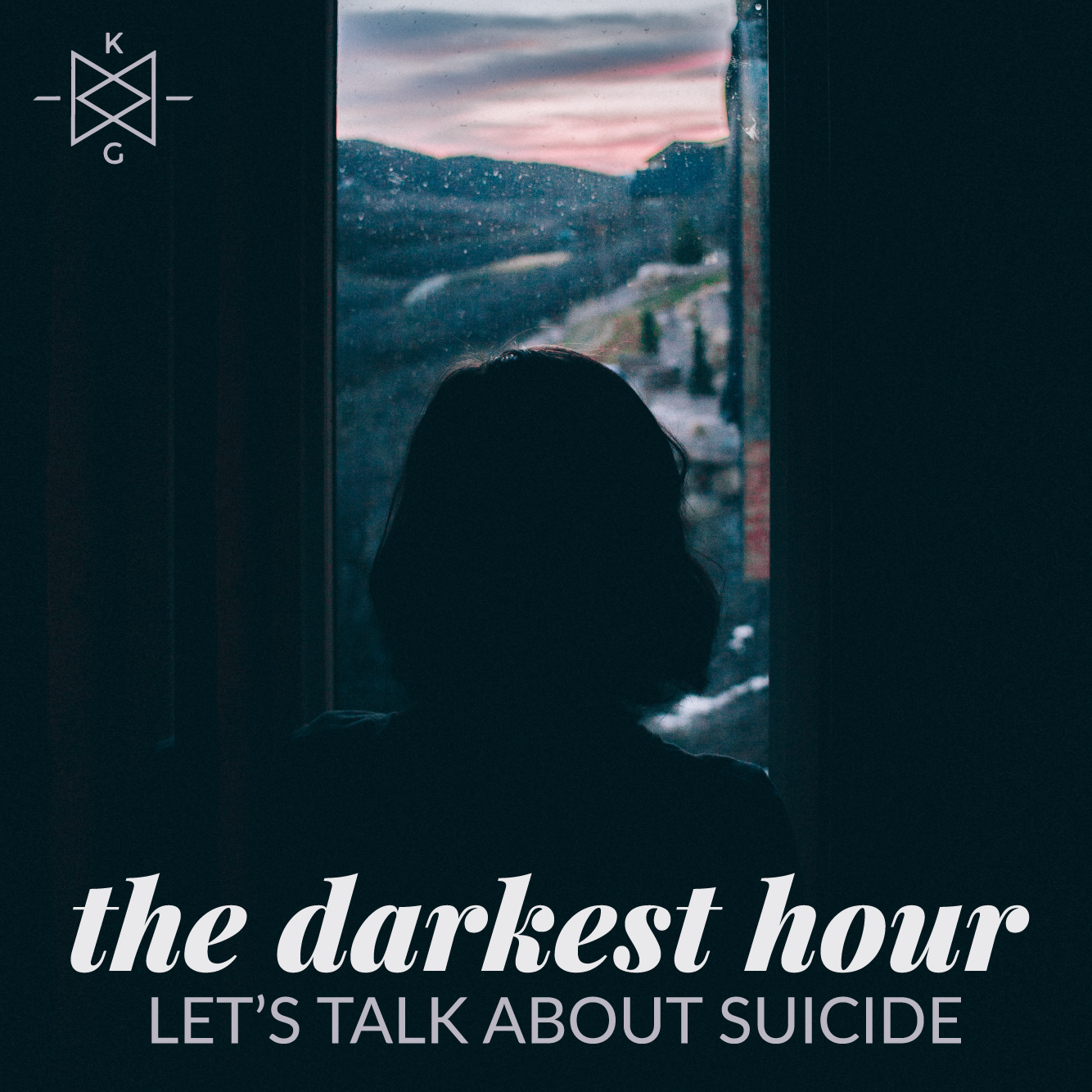The Darkest Hour...let's talk about suicide
Back in June, the world lost a dear soul to suicide. My community of friends and I lost a precious friend. I’m still reeling in the wake of his departure. All who know him are. He lit up every room he entered with sheer joy and delight. He made you feel like you were the only person on the planet in conversation. He made me, and all who had the pleasure of knowing him, want to be a better person. He was one of those people who, through and through, was good and true.
Every year in honor of suicide awareness week, I make a point to send out a conversation starter of sorts here on the blog to help break the silence of one of the most complex epidemics of our time. As someone who’s walked through long, dark corridors of chronic depression, I feel a responsibility to talk about it. After all, it’s a big reason I do what I do.
I hate these unfair reminders along the way, yet come back to what I know: we must be wakeful and proactive in our daily experience to those around us who are deeply hurting, if unsuspecting.
I’ve been pushed to the edge of this life in the throes of crippling depression and self-loathing—every inkling of hope photoshopped out. I didn’t have the rational mind to reach out during those times.
Thankfully, I had enough people around me who did and could carry my misguided heart into truth and light.
Left to my own devices though, I’m not entirely sure I’d be here today.
I’m certain you or someone you know has had a similar story.
In my rational adult mind, I’ve learned to practice (and love) asking for help. Hell, they’d know it all the way in Dubai in less than a minute if I stumped my big toe.
However, the fact is, depression (and mental illness at large) can be a fatal disease. This logical ability to reach out and “ask for help” simply isn’t baked in.
I’ve heard suicide described as a “selfish act.” I struggle with this sentencing because if it is in fact, a symptom of a crippling disease, I find it difficult to judge someone in this way who suffers from an impairment that gives them no other way out.
In my experience, I use this brand of diagnosis or judgment when I need certainty or understanding around something that really scares me.
In tennis, there are these things called unforced errors. They are missed points due to avoidable mistakes. I grew up binging on televised tennis tournaments with my big sister Kristen, who was a tennis champ herself. We bickered over clothes and material things a lot, but you better believe, when Wimbledon came around every year, we were strangely harmonious.
Andre Agassi (the crush of our lives as we knew it then) would barely miss a shot, double fault a serve, or get flustered by Pete Sampras’ clever drop-shot—fair enough. However, an unforced error was simply tragic, eliciting a loud, synchronized gasp from the entire poshly- dressed audience.
I think of suicide as the ultimate unforced error, the ultimate loss. Unlike the game of tennis, you can’t come back and redeem yourself in the next tournament. There’s no do-over.
It’s a permanent solution to a temporary feeling.
And we know that no feeling is final. You and I get the math here, yet for those who commit suicide, math doesn’t matter. In their minds, there is no other choice.
I wish I could land this plane with a redemptive thought, a happy ending, or some silver lining. I got nothing.
Yet here’s what I do have—a voice and a story. So do you. From my work on both sides of the couch in therapy, I’m convinced we must use both regularly and with intention. Shame begs us to stay quiet in our pain.
And believe me, you don’t have to have a history of major depression or mental illness to flirt with suicide. There are exceptions to every rule.
Take my friend for example. He was actively seeking support both in therapy and from his vast community of friends and loved ones. He was doing his work.
In light of these exceptions, we know that this epidemic requires more open dialog about what's going on with those who care because the less loneliness and despair we feel in our pain, the less likely we will act out of our broken narratives.
Do me a favor: write down your story as it reads today. The good, the bad, and the ugly. Don’t stop there. Courageously share it with a trusted friend or therapist. Also, let’s be awake in your daily experience to others’ pain or inconsistencies. We must ask thoughtful questions in order to fully understand.
Knowing your story and those of loved ones connects us. The strange yet binding connective tissue of those stories?—our pain and human frailty.
I believe we have the privilege and responsibility to edit and change our stories. If this feels impossible, I’ll stand in the gap for you. I’ve been in that terrifying prison. And I’m so grateful I get to do what other’s have done for me. Together, let’s write something new.
Love & Gratitude,
Katie
P.S. Looking for a safe place to share your story and build community? Click here for an opportunity to do just that.

